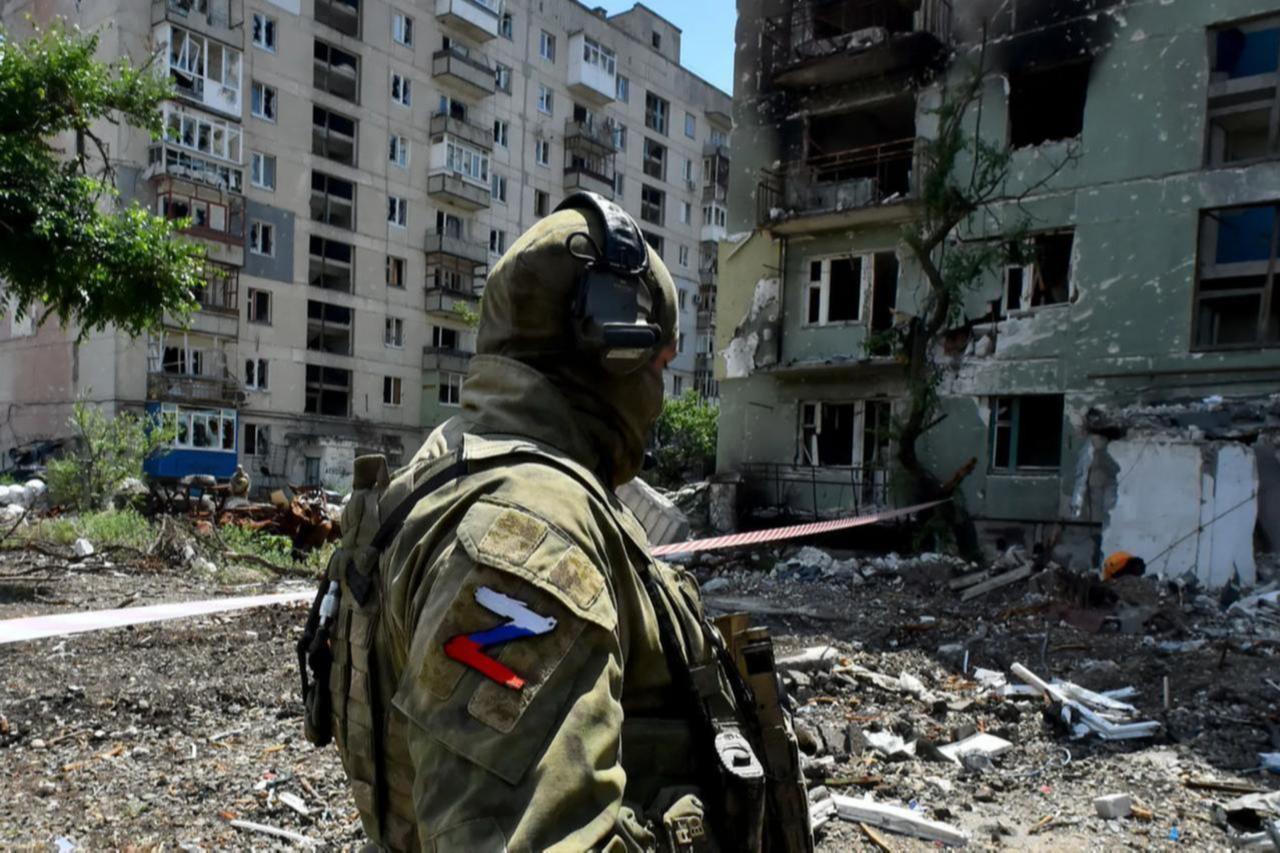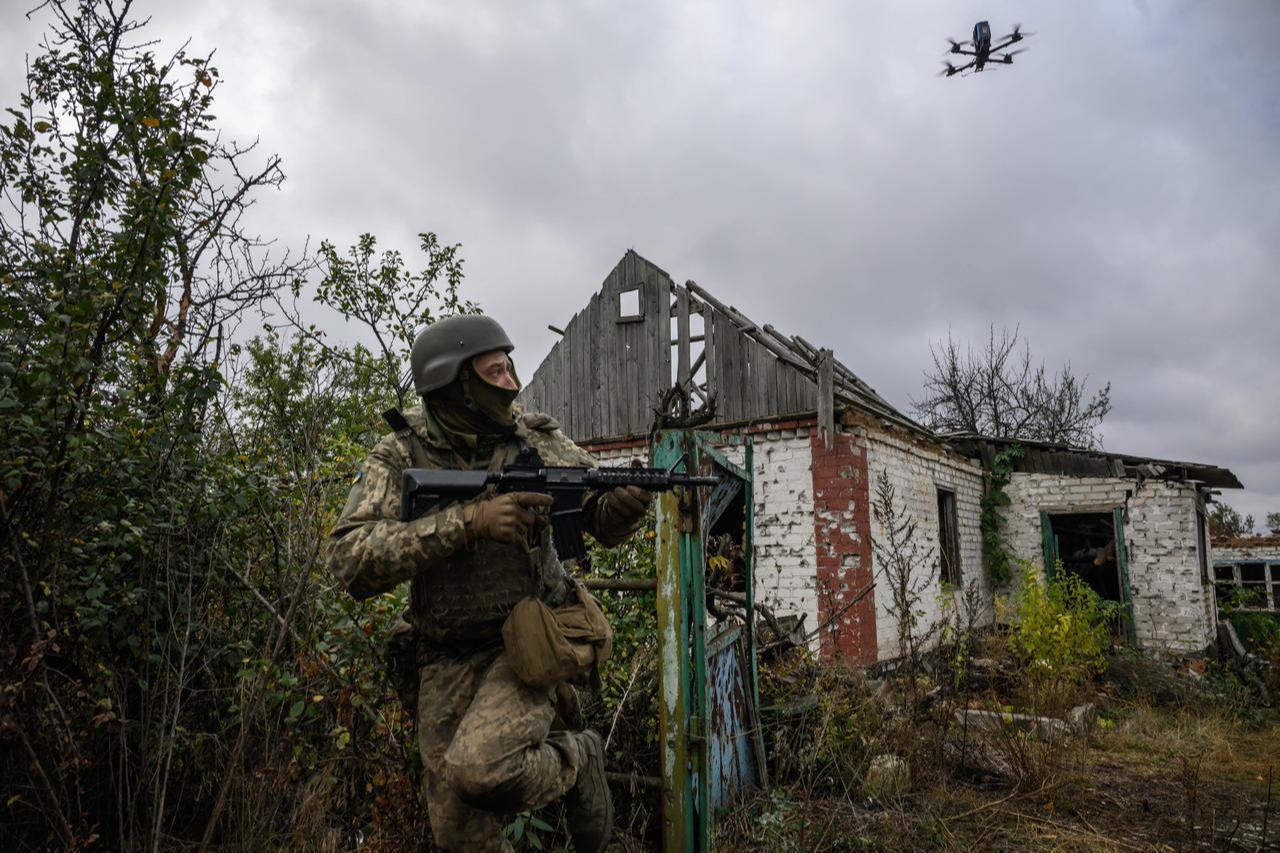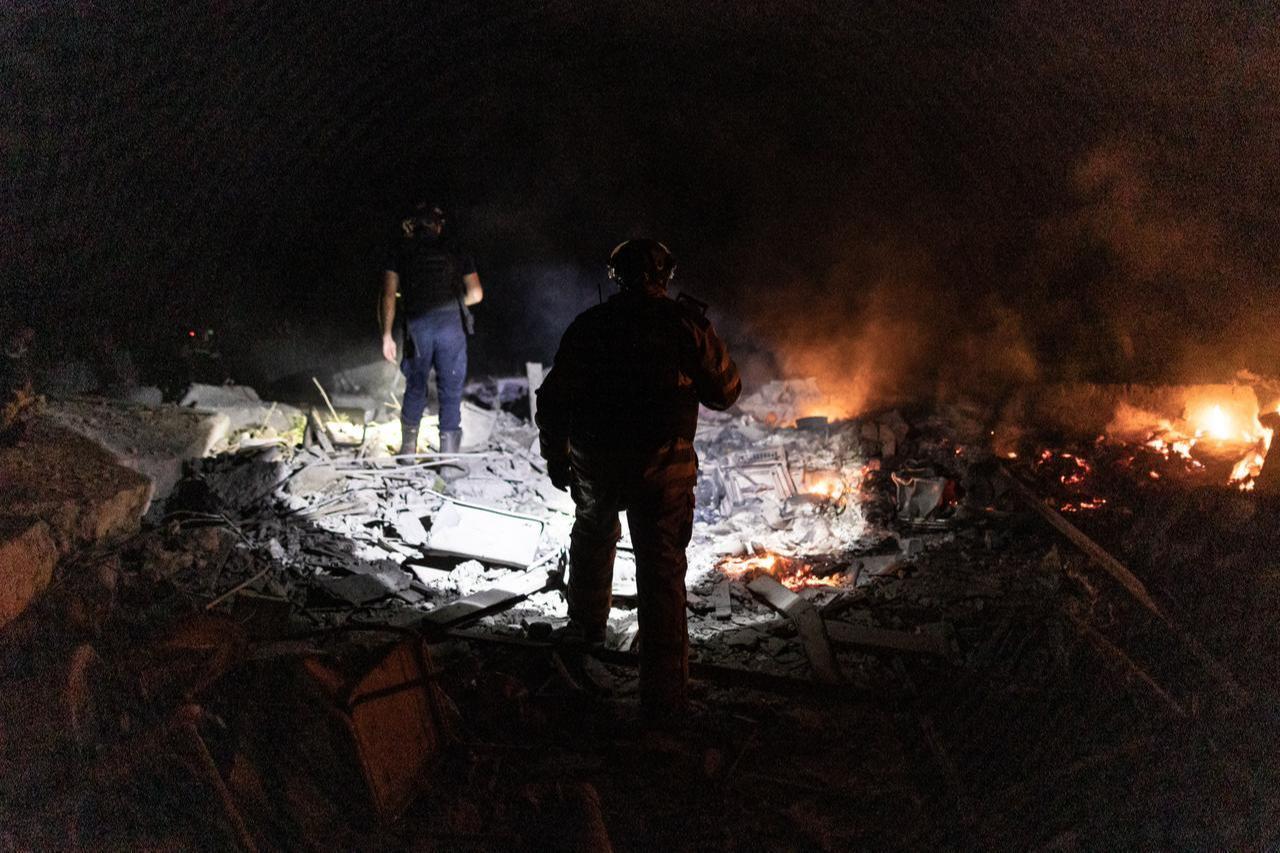
A United Nations-backed investigation has determined that Russia committed crimes against humanity by forcing civilians to flee Ukrainian-controlled territory through sustained drone attacks, according to findings released Monday.
The Independent International Commission of Inquiry on Ukraine concluded that Russian authorities orchestrated a coordinated campaign to drive out Ukrainian civilians through both aerial assaults and forced deportations from occupied areas.
"Russian authorities have systematically coordinated actions to drive out Ukrainian civilians from their place of residence by drone attacks, as well as deportations and transfers," the commission stated in its report.
The probe expands upon previous determinations, now finding that Russia committed murder as a crime against humanity across a significantly wider area than initially documented. The commission also identified war crimes including intentionally targeting civilians and civilian infrastructure, inflicting inhumane treatment, and corresponding human rights violations.

The commission first concluded in May that Russia's short-range drone campaign against civilians along a 100-kilometer section of the Dnipro River's right bank in Kherson region constituted murder as a crime against humanity. The latest findings extend that determination across a 300-kilometer expanse of Ukrainian-held territory spanning the Kherson, Dnipropetrovsk and Mykolaiv regions.
Russian armed forces have directed drone strikes at civilian targets for more than a year, the report found, hitting residences, humanitarian aid distribution sites and critical energy infrastructure. The attacks operated under centralized command, with troops "intentionally target civilians and civilian objects and cause harm and destruction."
Emergency responders became targets themselves, according to the commission. "They even hit first responders," investigators noted, including ambulance personnel and firefighters, sometimes striking them repeatedly despite clearly marked vehicles.
The sustained attacks forced thousands to abandon their homes, leading the commission to classify the campaign as forcible transfer of population—a crime against humanity.

Investigators also documented systematic deportations from Russian-occupied areas of Zaporizhzhia region, determining these actions constituted war crimes.
"Arrests, detentions, various forms of violence — sometimes including torture — searches, confiscations of documents and property, preceded the transfers or deportations," the report stated.
During 2022 and 2023, Russian authorities forced civilian adults to cross into Ukrainian-controlled territory as punishment for suspected anti-Russian activities. These individuals were compelled to walk 10 to 15 kilometers through active combat zones to reach Ukrainian lines.
Beginning in 2024, authorities began deporting civilians to Georgia via Russia, issuing orders that banned them from entering Russian territory for 20 to 40 years.
The commission interviewed 226 victims, witnesses and other sources for its report. Investigators examined over 500 publicly available videos documenting the alleged crimes, geolocating nearly half of them to verify authenticity and context.
The body was established by the UN Human Rights Council shortly after Russia launched its full-scale invasion in February 2022. Previous investigations by the commission found that Russia's forced transfer and deportation of Ukrainian children to Russian-controlled areas amounted to war crimes and possible crimes against humanity.
Moscow does not recognize the commission's authority and has not responded to requests for access, information or meetings. The commission presented its findings at UN headquarters in New York on Monday.